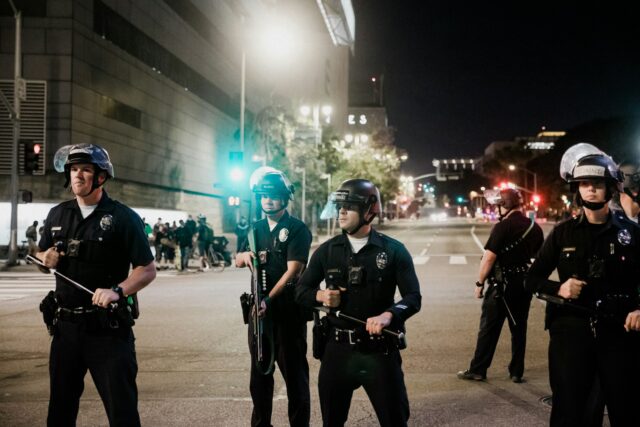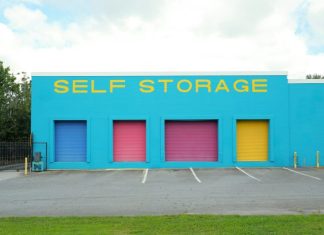
In recent years, the sentiment that all cops are bad has been increasing due to several key incidents blasted nonstop across most media channels, like the deaths of George Floyd, Duante Wright, and Breonna Taylor, just to name a few.
While there’s no denying that these situations are absolutely tragic, they’ve been used to manipulate the public into adopting anti-police rhetoric to the point where many people now believe that all law enforcement officers are evil and are out to hurt people for no good reason.
This is a dangerous perception to hold for many reasons, which will be outlined in this article.
It discredits officers who work hard to protect their communities
It’s not fair to lump well-meaning officers in with all of the bad apples. There are plenty of cops out there who consistently show up for their communities every single day, putting their lives on the line to protect people, including those who hate cops. Holding the belief that all cops are bad completely dismisses their dedication and sacrifice.
To support the officers with genuine intentions, the National Police Association (NPA) works hard to help communities recognize the positive contributions police officers make in society. Through their work, they strengthen the connection between law enforcement and the communities they serve.
Social media inflates the problem
When you source your news from social media, you’re going to get a bunch of similar stories that have been curated from people all over the country that highlight every bad and violent incident involving cops.
When you watch these videos, it seems overwhelming, as if cops can’t do anything but hurt people. And that’s exactly what the creators want you to believe. That’s why they string together 5-10 incidents of police brutality and present it to you as proof that cops are terrible. If you don’t actively search for the other side of the story, you’ll never see the good things cops do, like taking care of the elderly, showing up to birthday parties, comforting kids during heated encounters, and more.
The media is skewed toward a negative bias because that’s what gets the most views. You’re rarely going to see positive stories on the news, and when they do air, they only last about 30 seconds and don’t get repeated air time.
If your only perception of police comes from what you see on your screen, it’s automatically biased.
You’re less likely to call for help when needed
One of the most unfortunate consequences of believing that all cops are bad is that it makes a person less likely to call for help when needed. This doesn’t necessarily need to be a situation that impacts you directly. If you see someone in distress and choose not to call the cops, that can have dire consequences on the other person.
You’re taking on someone else’s beef
Believing that all cops are bad is usually not derived from a person’s experience, but was shaped by something they saw on television or social media. They’re essentially taking on other people’s beef with law enforcement.
The reality is that most people who hold an anti-police stance have not been abused by the police. And if there have been negative interactions, they often consist of them being caught committing crimes. People are naturally resentful toward the cops who arrest them for breaking the law, and in those circumstances, an anti-police sentiment is unfounded because it comes from a lack of personal responsibility.
It can make you unnecessarily escalate routine encounters
The media makes people believe that anytime they have an interaction with a cop, it’s going to be bad. This leads to people being unnecessarily combative during simple encounters, like traffic stops. For example, if someone has adopted an anti-police stance because of what they’ve seen online, they’re likely to be combative when getting pulled over for something like speeding.
Typically, people in this situation will refuse to roll their window down, stating they fear for their life, and are simply exercising their rights because legally, they don’t have to roll down their window. While they are right, this confuses cops because it makes it harder for them to complete their traffic stop, and they can sense the person’s misplaced anger.
There is a difference between respectfully exercising your rights and being combative, and most people who do this don’t know they’re creating the problem.
Nothing is ever black and white
No situation is ever black and white. When you hold a black and white view of law enforcement, you miss the gray, which deprives all the hard-working, dedicated cops of their service to society. The truth, in any matter, is always somewhere in the middle.










